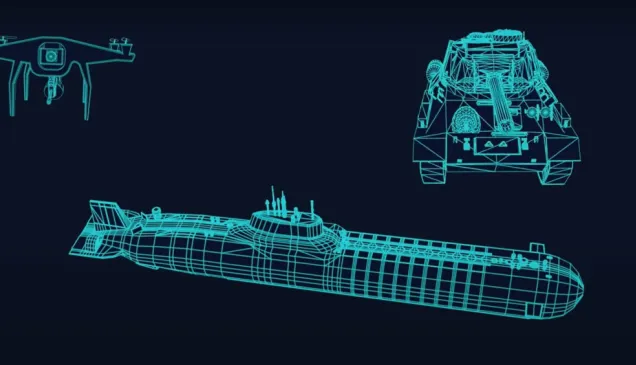Despite the long-term desire of the international community to explore and use outer space for peaceful purposes, space systems have been employed for military purposes since the dawn of the space era. As the role of these systems in military operations during armed conflicts increases, the likelihood of these systems being targeted also increases, with potentially significant impacts for civilians on earth.
Military operations in, or in relation to, outer space do not occur in a legal vacuum but are constrained by existing international law, notably the UN Charter, the Outer Space Treaty, international humanitarian law (IHL) and the law of neutrality.
The ICRC is primarily concerned with the potential human cost for civilians on earth of the use of weapons and other military operations in, or in relation to, outer space during armed conflicts, and the protection afforded by international law, including IHL, against their effects.
In line with its humanitarian mission and mandate, the ICRC submits this working paper simultaneously to the open-ended working group on reducing space threats through norms, rules and principles of responsible behaviours, as convened under United Nations General Assembly Resolution 76/231, and to the Secretary-General of the United Nations in reply to General Assembly Resolution 76/230 on "Further practical measures for the prevention of an arms race in outer space".
This paper examines the existing limits under international law, including IHL, on military operations in relation to outer space. It outlines relevant rules limiting the use of weapons and other military operations in, or in relation to, outer space during armed conflicts, including those designed or expected to disrupt, damage, destroy or disable space systems, whether it be a space component, a ground component or any link between them.




